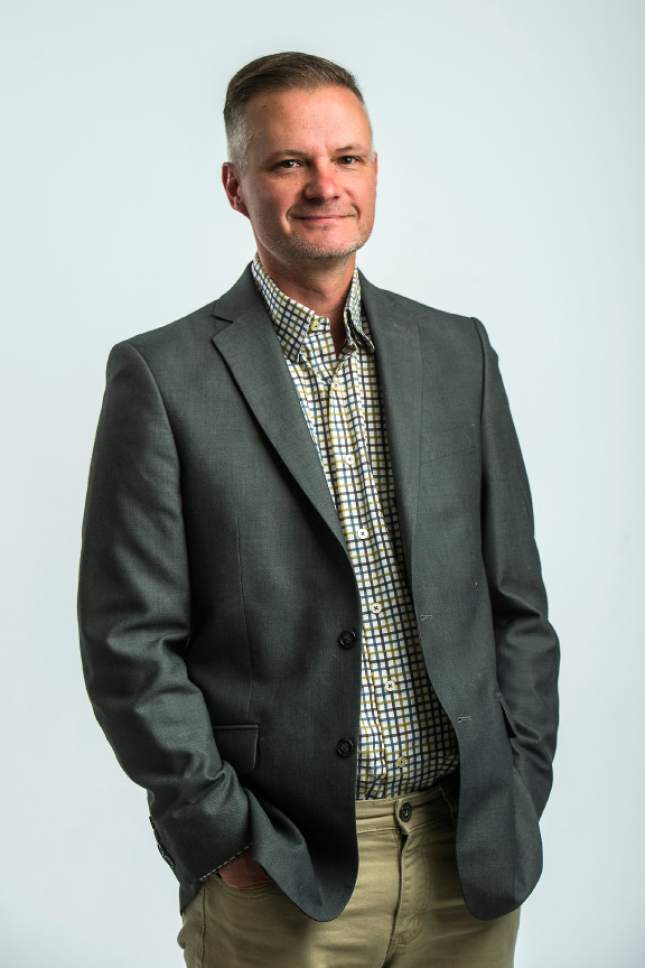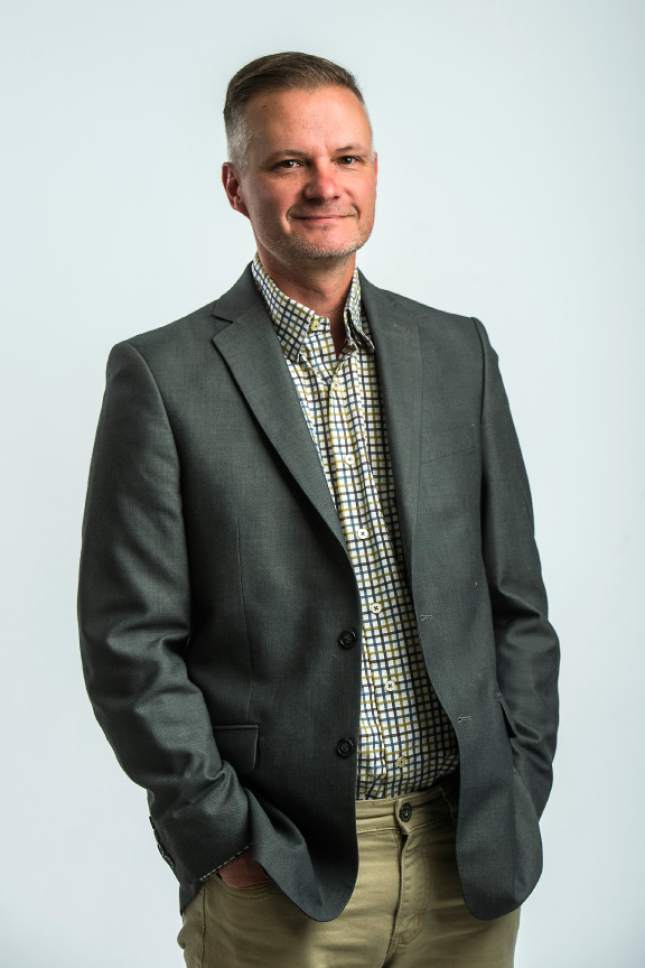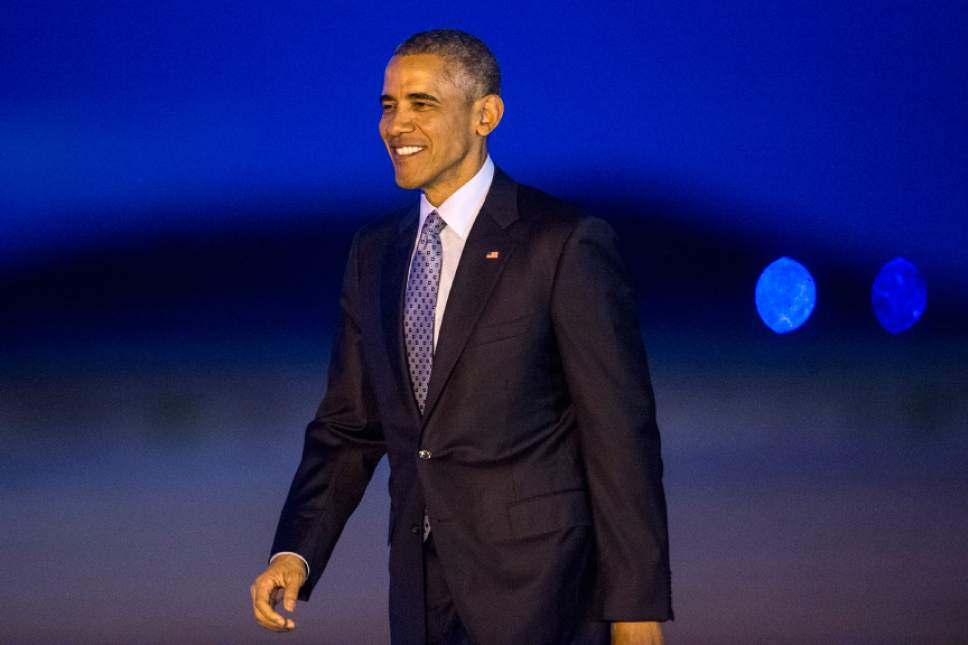This is an archived article that was published on sltrib.com in 2017, and information in the article may be outdated. It is provided only for personal research purposes and may not be reprinted.
The legacy of President Barack Obama in Utah is one that remains written in pencil and the state's Republican elected leaders are hoping they hold the eraser.
From the Affordable Care Act to immigration reform to the designation of Bears Ears National Monument, Democrats in Utah and Washington will be on the defensive, fighting in the coming months to preserve the advances of the last eight years.
But it's more than Obama's legacy that hangs in the balance.
Take Mary Bishop. As a self-employed businesswoman she struggled to get health insurance. In 2013, she signed up for a plan through Obamacare and a year later her doctors diagnosed her with stage 4 cancer in her gall bladder.
"Considering what I had and the doctor that I had, I'm not sure if I didn't have [insurance and her doctor] in place I'd still be here today," said Bishop, who worries about her children who are also self-employed and on Obamacare.
Bishop is one of about 180,000 Utahns who have health insurance today as a result of Obamacare. Since the law passed, the number of uninsured Utahns is at its lowest in more than a decade — and could have been significantly lower if Utah leaders had been willing to expand Medicaid coverage to tens of thousands of low-income Utahns.
The Obamacare implementation has presented problems in some parts of Utah. Insurance providers have folded or pulled out of the state exchanges, leaving, in much of the state, just one insurance company that still offers insurance through the program.
Utah's congressional delegation has been battling for years to try to repeal Obamacare and all six members of Utah's delegation voted this week to begin dismantling what is widely regarded as Obama's signature achievement, promising to replace it with something better, but thus far offering no alternative plan.
The future is also unclear for people like Ciriac Alvarez. She is one of more than 6,000 undocumented immigrants in Utah who registered for an Obama administration program designed to prevent the deportation of children whose parents brought them to the country illegally.
Alvarez, whose parents brought her to the United States when she was 5 years old, is now in her last semester at the University of Utah. The Obama program has enabled her to work legally to help pay for school, which otherwise would have been impossible as she can't receive any federal financial aid.
Utah's all-Republican delegation criticized the program because the president implemented it through an executive order, rather than going through Congress.
The Church of Jesus Christ of Latter-day Saints, however, viewed the president's approach to immigration as aligning with the faith's values, Dieter F. Uchtdorf of the governing First Presidency said following a meeting of faith leaders in the White House in 2013. The president also discussed immigration policy with church leaders during his only visit to the state in April 2015.
Because the deferred deportation was done through an executive action, Trump can undo it with an executive order of his own, and he has promised to rescind many of Obama's orders in his first days in office. Democrats and some Republicans are proposing legislation to protect the Dreamers.
"I don't know what's going to happen. I can't tell you for sure," Alvarez said. "It's definitely difficult not being able to say for certain what my future looks like. But this isn't new. This has been my life ever since [I came here]."
Monumental shift? • It's less clear if Trump can simply reverse perhaps the biggest mark his predecessor left in the state — the Bears Ears National Monument.
After years of encouragement from tribal and environmental groups — and the failure of Utah's delegation to get legislation through Congress that would have protected the area — Obama used the Antiquities Act in December to preserve 1.35 million acres rich in ancient American Indian artifacts and dwellings.
"From the tribal viewpoint, we felt at this time the presidential legacy could be cemented as far as tribes are concerned by addressing this tribal need," said Carleton Bowekaty, a councilman in the Pueblo of Zuni and a representative on a group of tribes advocating for the monument.
Gov. Gary Herbert and the congressional delegation have vowed to wipe out the monument through any means necessary — asking Trump to reverse or shrink the monument boundaries, promising to pass legislation to undo the monument and prevent future designations. And Utah Attorney General Sean Reyes has promised to sue the federal government and have the courts strike it down (although no legal challenge to any monument has ever been successful).
Bowekaty is confident the monument will withstand the challenges and the focus now is building a management structure that gives tribes a voice in how the area will be preserved, and the tribes have reached out to the Trump administration to begin work on that effort.
Refugee influx • Throughout his tenure, Obama was tremendously unpopular in Utah, with polls showing the public disapproving of his performance, typically by a margin of nearly two-to-one.
While hostility and friction between Utah leaders and the Obama administration were the norm, it was not always the case.
In November 2015, Herbert became the only Republican governor in the country who backed the Obama administration's plan to resettle Syrian refugees in the United States. The governor established an outreach program through the Department of Public Safety to welcome refugees and 1,026 refugees were resettled in Utah last year.
Trump's rhetoric on refugees has been much more hard line, promising to cap resettlement and perhaps bar refugees from Syria entirely for fear of terrorists entering the country. There has also been talk of reinstating a post-9/11 registry for those allowed into the United States.
Herbert, in a recent interview, said he would have concerns about such a registry. "I don't like people having to sign up and say, 'I'm this. I'm Mormon. I'm a Catholic. I'm a Jew. I'm a Muslim,' and sign up," Herbert said. "That doesn't seem to be too American to me."
Obama also worked across the aisle with Lee on legislation to reduce some mandatory minimum drug and gun sentences, although the legislation did not pass.
So as he leaves office, pundits and politicos are trying to polish and take potshots at Obama's tenure and the extent to which he leaves his mark on history — or whether it will be wiped away — depends largely on the actions of the man who now takes his place.
A legacy secure • There is one part of Obama's legacy that cannot be undone: He broke through two centuries of history to become the first African-American president and a powerful symbol to an increasingly diverse country.
That doesn't necessarily translate into racial harmony, as the president acknowledged in his farewell address last week.
"After my election, there was talk of a post-racial America. Such a vision, however well-intended, was never realistic. For race remains a potent and often divisive force in our society," he said. "I've lived long enough to know that race relations are better than they were 10, or 20, or 30 years ago."
Jeanetta Williams, president of the Salt Lake branch of the NAACP, said Obama seemed to run into one roadblock after another in Congress and wonders, "was it so much being Republicans against Democrats, or was it that he was an African-American and they weren't going to let him have any kind of a positive legacy?"
But what his election did, she said, is start an important dialogue.
"A lot of people didn't want to talk about race, but with his presidency, he opened the doors and opened people's eyes to talk about race and race matters," Williams said. "Overall, across the country and here in Utah, I think it changed a lot of attitudes about the direction of the country."







